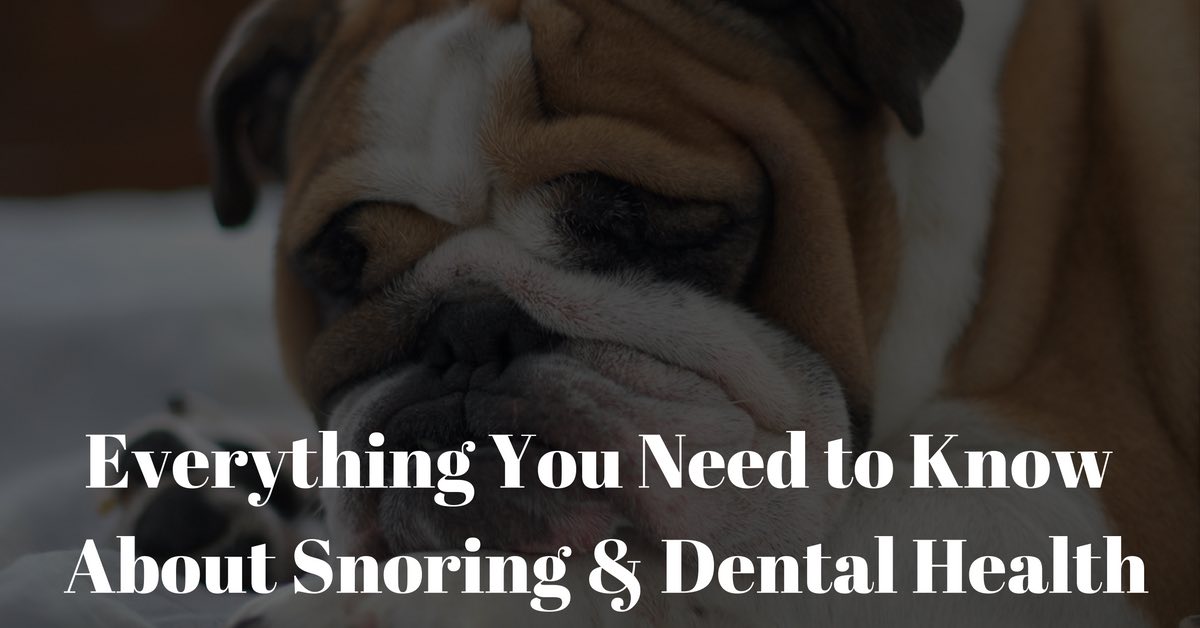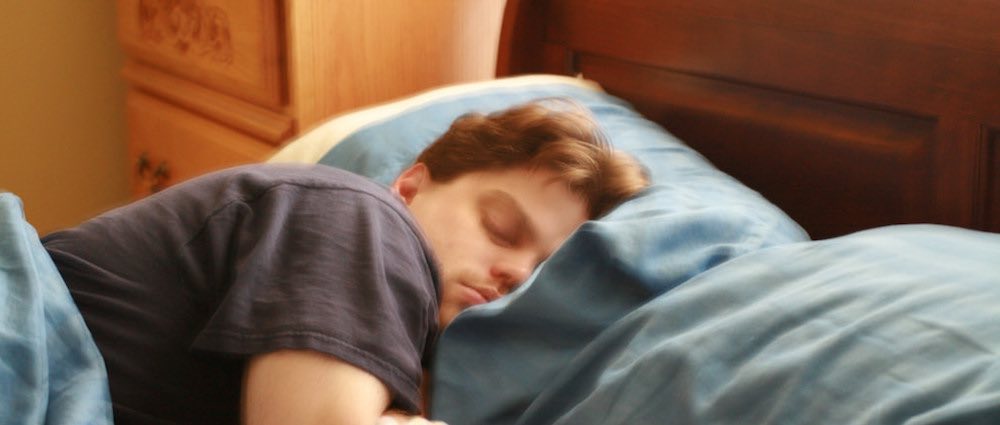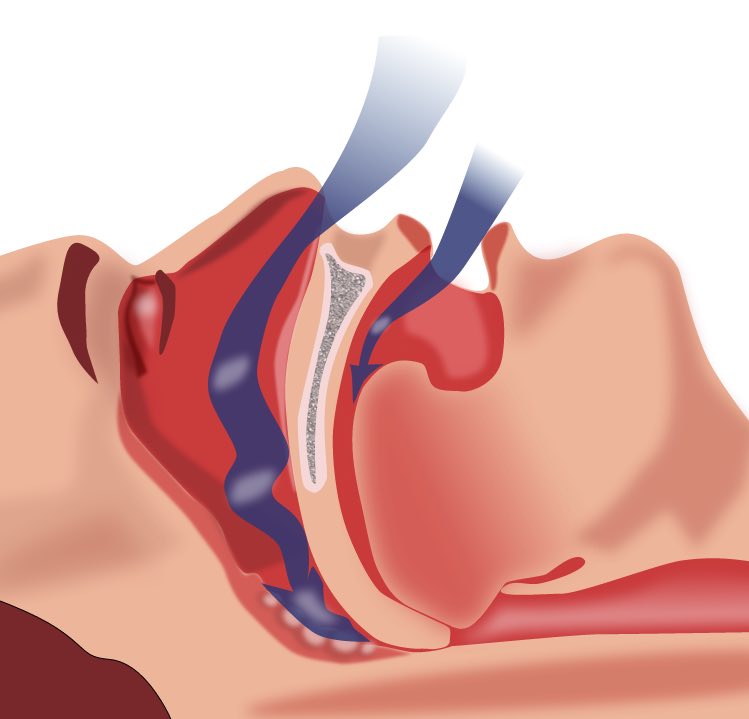
Do you snore? If you do, you’re not alone! Believe it or not, snoring is common! Over 60% of people snore.
Snoring can keep your partner awake at night, but did you know that it also keeps you from getting a good night’s sleep, too! And snoring can be a warning sign of other potentially serious health issues. It boils down to this: If you snore, there’s a problem with your breathing.
Sleep apnea and other breathing-related sleep disorders can be very serious. And contrary to popular belief, anyone can be affected. Many people don’t realize this, but over 25% of sleep apnea sufferers are not overweight.
In today’s post, we’ll help you understand the health risks associated with frequent snoring and help you understand the treatment options available to you.
Who Snores?
Surprising Snoring Statistics |
|
| 30% of | People 30+ years old |
| 40% of | People 40+ years old |
| 60% of | People who say their partner snores |
| 30% of | People who snore and suffer from sleep apnea |
(Vancouver Sleep and Breathing Center)
You Might Snore Without Even Knowing It

If you sleep alone, or if your partner hasn’t mentioned it, you might not even know that you’re snoring. Do you experience any of these symptoms?
- Sore, dry throat upon waking in the morning?
- Insomnia
- Frequent daytime headaches
- Drowsiness or foggy thinking during the day
- Waking during the night
- Shortness of breath upon waking
If so, you could be a snorer suffering from sleep apnea or a related disorder. But, let’s not get ahead of ourselves. Let’s talk about what snoring really is– a symptom.
What Is Snoring Anyway?

Sound familiar?
When your breathing is obstructed or impeded while you sleep, the result is what we think of as “snoring.” Most commonly, snoring is caused by some kind of blockage or narrowing of the airways in your mouth, nasal passages, or throat. The sound we associate with snoring occurs when your airway vibrates– think of it kind of like how you whistle when you purse your lips.
Sleep Apnea: A Silent Killer

An Airway Obstructed by Sleep Apnea
Snoring is a very common symptom associated with sleep apnea, a disorder characterized by the cessation of natural breathing during sleep. A person suffering from sleep apnea may wake up hundreds of times per night (for just a second or two at a time) without even realizing it!
But these frequent interruptions to sleep can lead to a few of the symptoms we talked about earlier, including drowsiness, tiredness, and dry mouth.
The most common type of sleep apnea is called “obstructive sleep apnea” and it’s also the one that usually causes snoring. Obstructive sleep apnea occurs when your airway is blocked by your throat muscles or by soft tissue in your mouth or throat.
Why is sleep apnea so dangerous? Every time you stop breathing, there’s a risk that your breathing won’t start back up again on its own– which obviously has severe consequences. Studies show that people with severe sleep apnea have 3 times the risk of death compared to those without sleep apnea.
There’s also significant evidence that untreated sleep apnea can increase your risk of heart disease, type 2 diabetes, high blood pressure, and other chronic health issues.
What can you do to fight sleep apnea? There are a variety of different treatments available, including CPAP machines, custom-made mouthpieces, or surgery.
Depending on the cause and severity of your sleep apnea, your dentist may be able to make a custom-made mouthpiece to help maintain your airway while you sleep. These mouthpieces help your jaw stay in the proper position and help you to both stop snoring and alleviate the symptoms of sleep apnea.
However, one of the most common treatments for sleep apnea is a CPAP machine. They’re widely used for a very simple reason: for most people they work. A CPAP machine uses gentle air pressure that prevents your airway from collapsing while you sleep. This helps you to breathe naturally throughout the night and get the restful sleep you need.
If your sleep apnea is severe or other treatment methods haven’t succeeded, surgery may be recommended as a permanent cure. If you’ve been struggling with sleep apnea for years, this may be the best option for you.
If you’re snoring or experiencing any of the other symptoms we’ve mentioned, get checked out! At Timberhill Dental, Dr. Kurt Black can help. Contact us for a free consultation to talk about your health!
Upper Airway Resistance Syndrome
In addition to sleep apnea, snoring is also commonly caused by a lesser-known culprit: upper airway resistance syndrome, also known as UARS.
UARS occurs when you’re not getting enough air into your pharyngeal airway. Have you ever had something to eat and drink and had the feeling of it “going down the wrong pipe”? The pharyngeal airway is that pipe and it’s located behind your nose and mouth.
When a physical problem causes the “pipe” to narrow, the result is snoring and other symptoms very similar to those caused by sleep apnea. In some cases, a sleep study is needed to properly diagnose UARS.
UARS doesn’t generally cause as many serious health issues (like high blood pressure and heart disease) as sleep apnea, but it does contribute to the problems associated with lack of sleep.
Are You Ready to Stop Snoring?
The fact of the matter is that if you’re snoring you could be suffering from a serious health problem. Luckily, the good news is that amazing, effective treatments exist for both sleep apnea and UARS.
The best way to find out what’s causing your snoring is to start talking with your dentist. Your dentist can start by looking at the anatomy of your teeth, gums, throat, and jaw. He or she might be able to identify possible causes of your snoring and suggest treatment options or refer you to a sleep specialist.
Contact Timberhill Dental
At Timberhill Dental, we’re here to help with all your dental health issues. If you have questions about snoring, sleep apnea, or any other dental health issues, just ask.
Don’t forget: If you’ve seen a doctor or dentist about your snoring in the past and still have questions, Dr. Black is happy to offer a free second opinion.
So call us at (541) 754-0144 or contact us online for more information or to schedule your appointment!
Photo Credits: Chris, Joshua Hayworth, Eric Kilby, Wikipedia
Leave A Comment